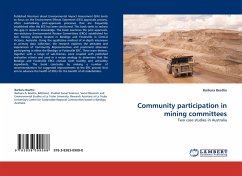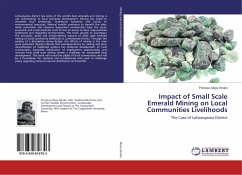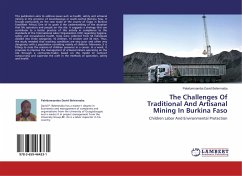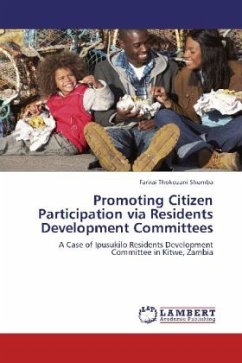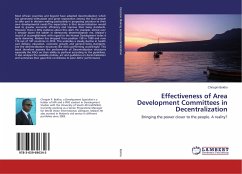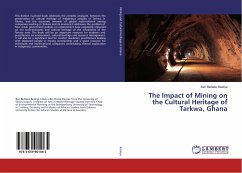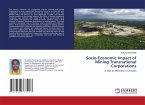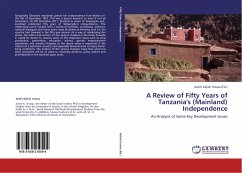Published literature about Environmental Impact Assessment (EIA) tends to focus on the Environment Effects Statement (EES) approvals process, often overlooking post-approvals processes that are frequently established after the EES has been sanctioned. This book seeks to redress this gap in research knowledge. The book examines the post approvals, non-statutory Environmental Review Committees (ERCs) established for two mining projects located in Bendigo and Fosterville in Central Victoria, Australia. Using the qualitative method of in-depth interviews as primary data collection, the research explores the attitudes and experiences of Community Representatives and prominent observers participating in either the Bendigo or Fosterville ERC. Three main themes, together with a range of sub-themes, were coupled with published evaluative criteria and used in a recipe analogy to determine that the Bendigo and Fosterville ERCs contain both healthy and unhealthy ingredients. The book concludes by making a number of recommendations for suggested improvements to the ERC process that aim to advance the health of ERCs for the benefit of all stakeholders.

